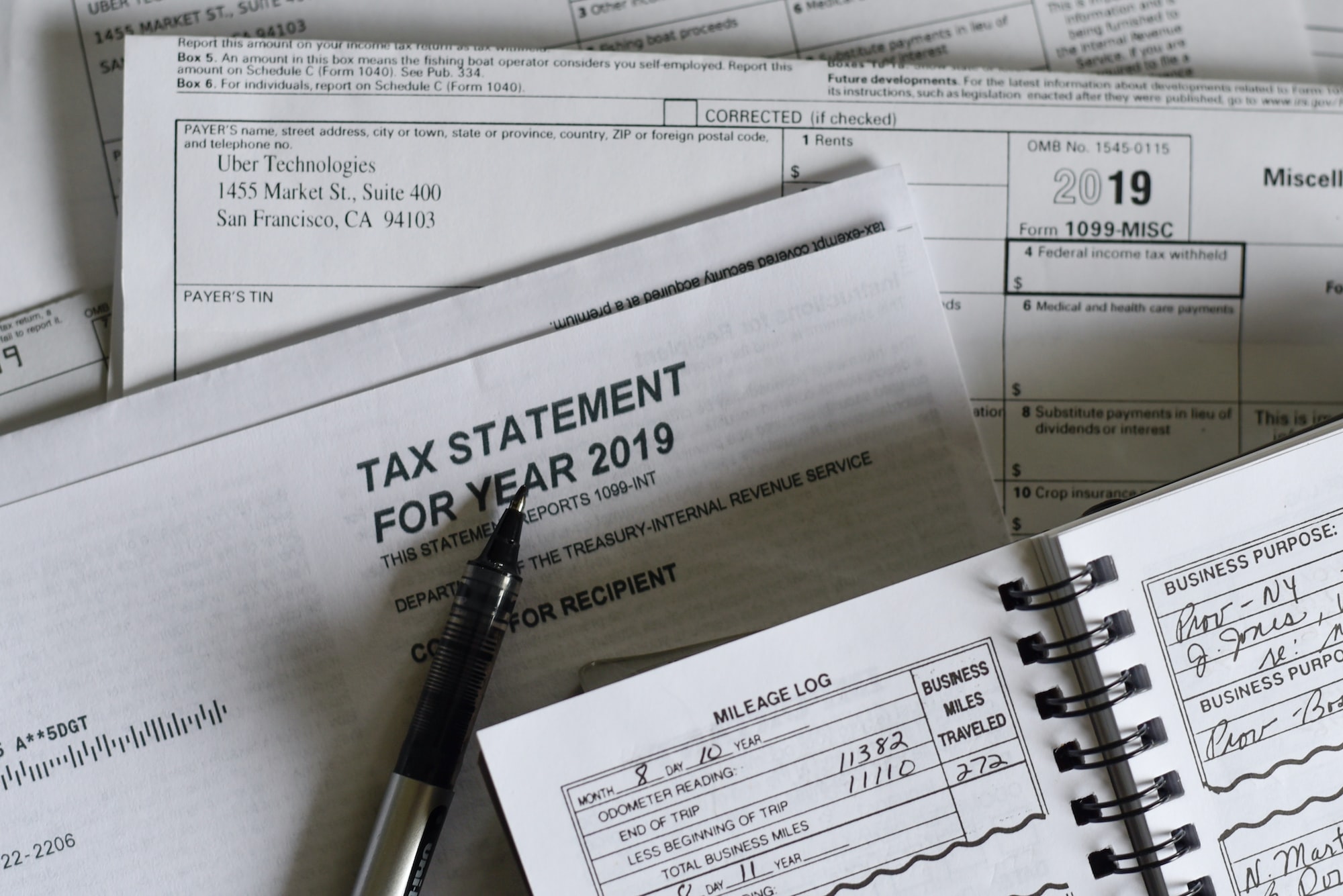The Tax Cuts and Jobs Act is a Major tax reform that affects both individuals and businesses, was enacted in December 2017. It’s commonly referred to as the Tax Cuts and Jobs Act, TCJA or tax reform. The IRS estimates that we will need to create or revise more than 400 taxpayer forms, instructions and publications for the filing season starting in 2019. It’s more than double the number of forms we would create or revise in a typical year. We will keep you abreast about how the law applies to your particular situation, how you are to file and comply with your federal tax return filing requirements. This article is not intended to replace or supersede IRS tax forms, instructions or other official guidance.
Changes in Tax Rates For 2018, most tax rates have been reduced. This means most people will pay less tax. The 2018 tax rates are 10%, 12%, 22%, 24%, 32%, 35%, and 37%. In addition, for 2018, the tax rates and brackets for the unearned income of a child have changed and are no longer affected by the tax situation of the child’s parents. The new tax rates applicable to a child’s unearned income of more than $2,550 are 24%, 35%, and 37%. In addition to lowering the tax rates, some of the changes in the law that affect you and your family include increasing the standard deduction, suspending personal exemptions, increasing the child tax credit, and limiting or discontinuing certain deductions. Most of the changes in this legislation take effect in 2018 for federal tax returns filed in 2019. It is important that individual taxpayers consider what the TCJA means and make adjustments in 2018 and 201

Doing a checkup can help protect against having too little tax withheld and facing an unexpected tax bill and even a penalty at tax time. Some taxpayers might prefer to have less tax withheld up front and receive more in their paychecks, which would reduce their tax refund.
The Paycheck Checkup campaign encourages you to review your tax situation. The new tax law could affect how much tax someone should have their employer withhold from their paycheck. To help with this, taxpayers can use the Withholding Calculator on IRS.gov. The Withholding Calculator can help prevent employees from having too little or too much tax withheld from their paycheck. Having too little tax withheld can mean an unexpected tax bill and even a penalty at tax time. You might prefer to have less tax withheld up front and receive more in your paycheck which may mean a lower refund or an unexpected tax bill. Or, you might prefer to make estimated or additional tax payments to avoid an unexpected tax bill and possibly a penalty.